SpaceX successfully completed another flight from the US state of California this week, and Falcon 9 launched into orbit a new achievement for our country – the first fully Bulgarian artificial satellite with scientific purpose and functions.
On board the rocket was the 32-kilogram Balkan-1 nanosatellite, which will orbit the Earth nearly 500 km from its surface for five years. It will then head back and burn up in the atmosphere according to the plan of its creators at EnduroSat (if you want to learn more about the company as an employer, check out its profile on H512.com’s Job Board).

Their ambition is for this to be the first of a total of 120 satellites to form an entire Bulgarian “constellation” or constellation around the Earth’s orbit.
The launch was also observed by the Planetarium of the Higher Naval School (VVMU) in Varna, and EnduroSat’s founder, Raicho Raichev, joined in with a commentary .
“We hope that this constellation will reach its final version, which will give an unprecedented timing of observation of the same territory. All these satellites can be built in Bulgaria and hundreds of young people can find their worthy realization here,” he said via video link.
According to him, EnduroSat currently has over 350 customers from all over the world. “We started in a 25 sq m loft in Sofia and everyone was laughing then. In these ten years EnduroSat has become one of the leaders in the sector,” Raicho Raichev added.
What is next for the Bulgarian satellite?
The nanosatellite has been approved by the European space programme Copernicus after a competition and will transmit data to researchers on Earth.
What sets it apart is the ability to process information using artificial intelligence, which EnduroSat says will help transmit more useful and processed data.
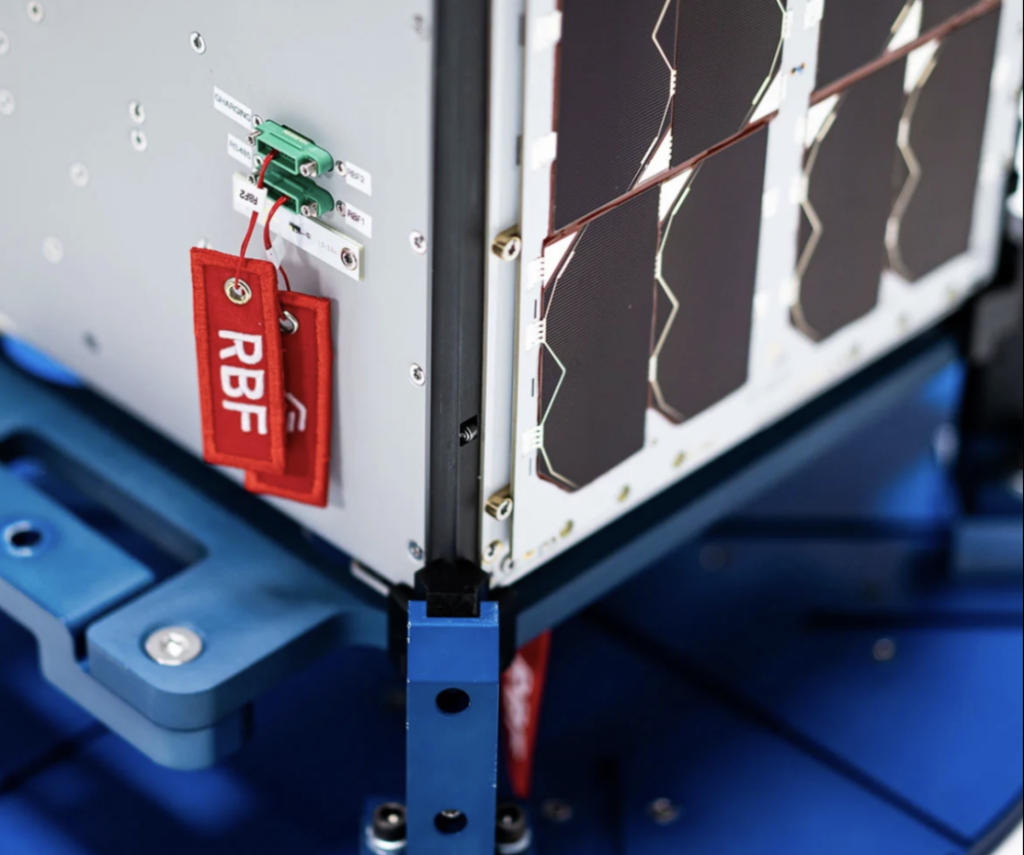
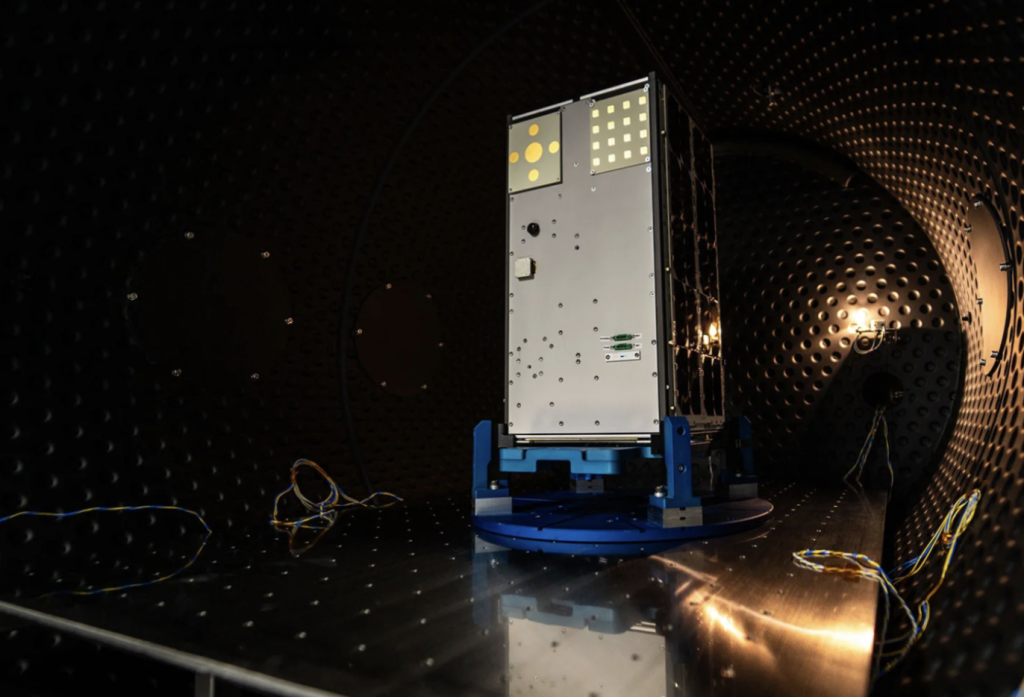
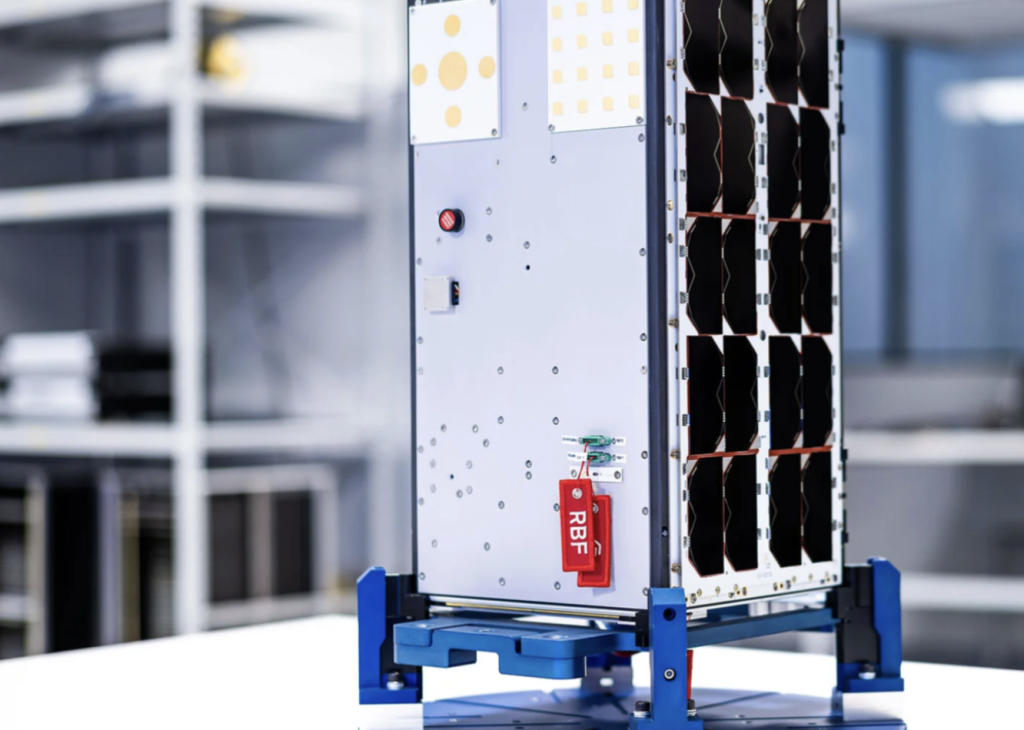
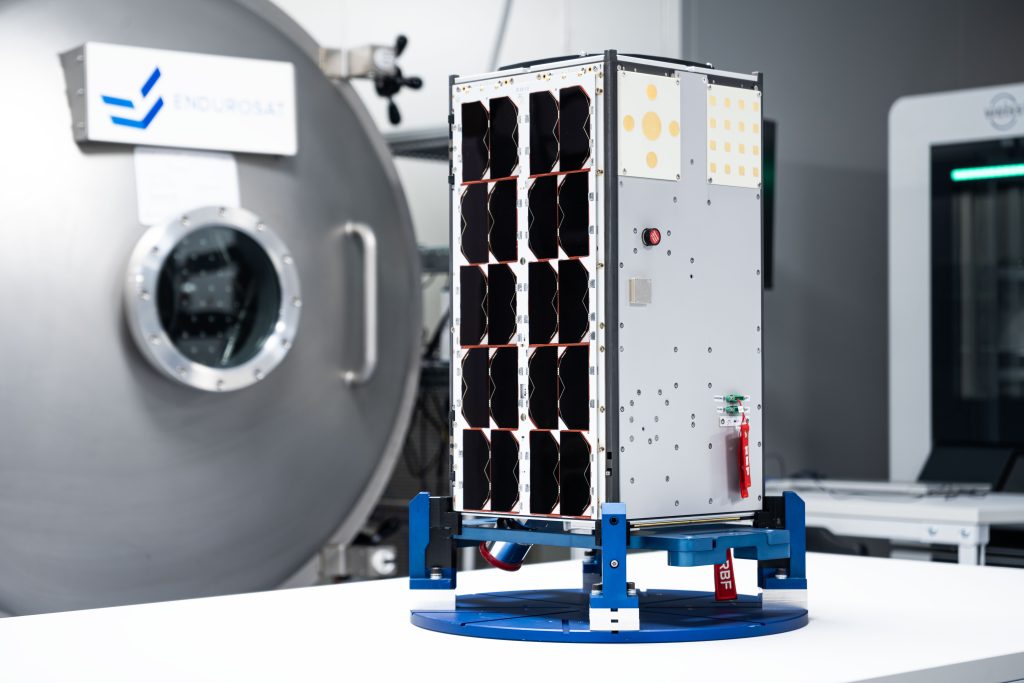
According to the company’s official website, the Balkan constellation can help detect problems in soils and forests early, monitor water conditions along coastlines more accurately from an ecological perspective, and provide monitoring of critical infrastructure such as ports, airports and transportation networks.
It can also help monitor vessels and maritime traffic.
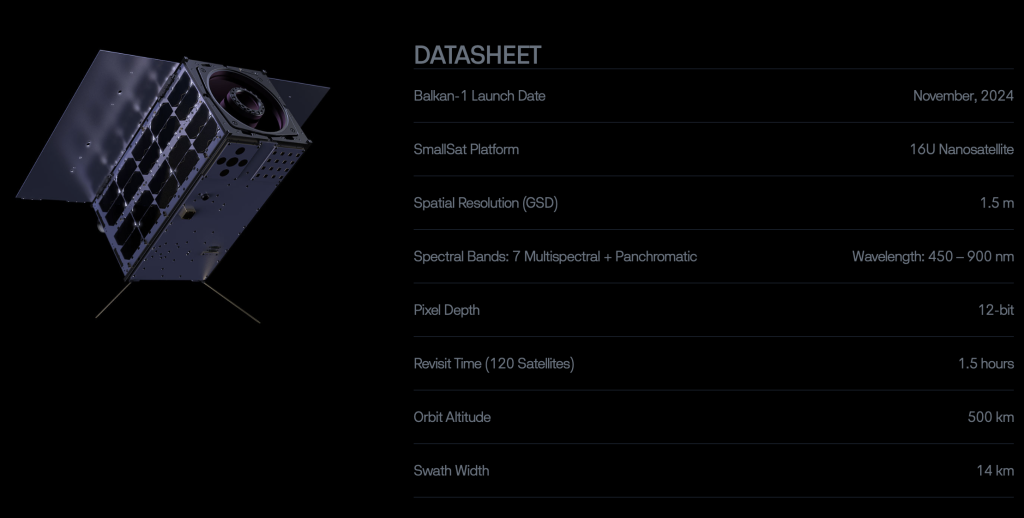
Achievements with a space dimension
Among the people behind this success is Viktor Danchev, the company’s chief technology officer, who was also among the speakers at the H512.com All in One 2024 conference. He is also part of the faculty of the Space Challenges program that EnduroSat organizes in the country.
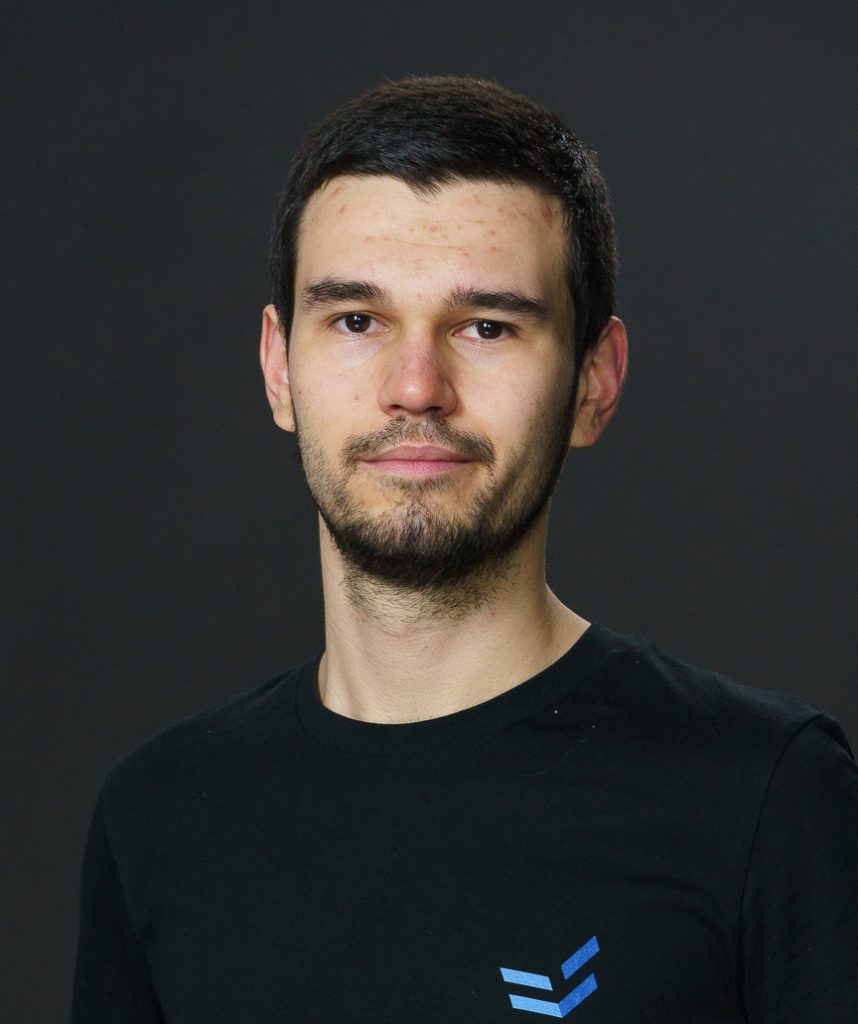
Earlier, Viktor Danchev told H512.com that he believes Bulgaria should become more active in the European space sector. “Personally, I hope we can learn from some of the successful examples of space policy at the local level, such as Luxembourg and Portugal, which in recent decades have quickly created space agencies and an entire industry almost from nothing,” he said at the time.
Here is what Viktor Danchev says when asked what failure teaches him.
“Failure is part of the job. If you’re creating a product or working in science and everything happens the first time – it’s probably not very ambitious or interesting. The only important thing is not to make the same mistakes again, because that already has another name. I have many examples of this here (both good and bad in the early years), but one of the most glaring examples in the industry is SpaceX. While other much larger and wealthier companies claimed there was no way to do what they were trying to do, they did it step by step (and failure by failure, learning from them).”

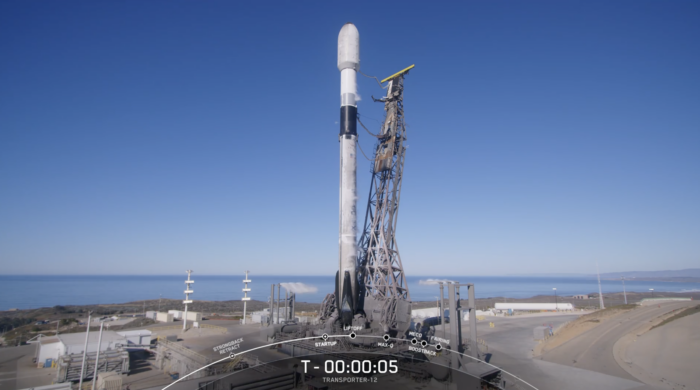
 Publish date: 15 January, 2025
Publish date: 15 January, 2025




